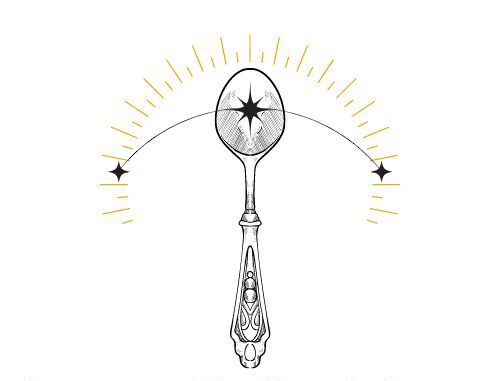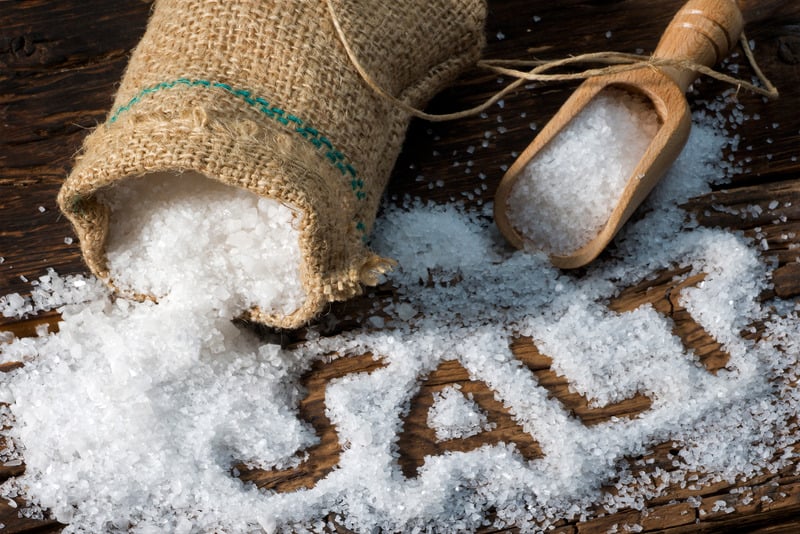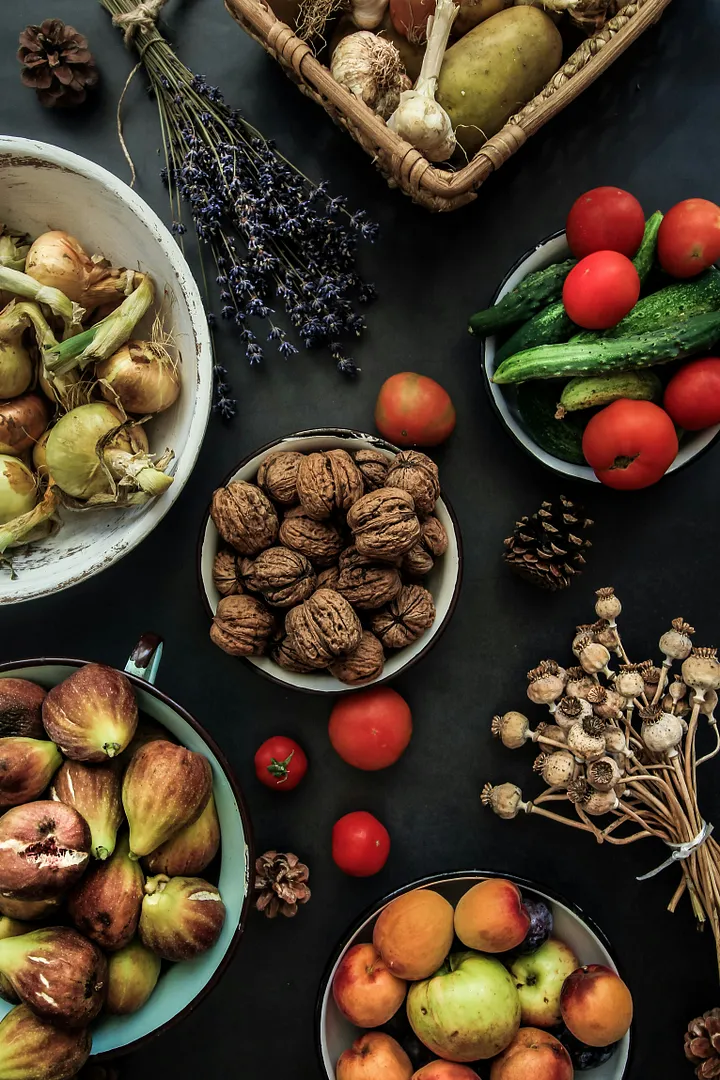
Debunking the Myth: The Truth About Sodium and Your Health
So why do we vilify sodium, and does it deserve such a bad rap?
Have we allowed ourselves to be conditioned into believing that any amount of salt is bad for us?
I mean, who hasn’t been told by some random passerby, “Don’t eat salt; it’s bad for you.”
For many years, experts have warned us to be extremely careful with our sodium intake and have linked it to heart disease and elevated blood pressure.
But is salt really the bad guy it’s made out to be?
Would it surprise you to read that sodium has many benefits?
Understanding Sodium
So, why do we need salt, and what is its role?
Sodium is one of the body’s electrolytes, which is essential for the body to function.
It helps the body keep fluids in a normal balance and plays an important role in normal nerve and muscle function.
It also helps regulate mood, maintain energy levels, and facilitate brain function.
In a nutshell, we wouldn’t be able to move or think without it.
It comes into our body through food and drink and leaves our body in sweat and urine.
Having too much salt can lead to hypernatremia, which has symptoms of thirst, restlessness, and fatigue.
Having too little salt can lead to hyponatremia, which can lead to nausea, headache, confusion, and fatigue.
The Myth Behind the Harmfulness of Sodium
So why do we think that salt is so bad?
It all goes back to France in the early 1900s when doctors reported that six of their high blood pressure subjects were salt fiends.
Worries escalated in the 1970s when Brookhaven National Laboratory’s Lewis Dahl claimed that he had “unequivocal” evidence that salt caused high blood pressure.
Dahl induced high blood pressure in rats by feeding them the human equivalent of 500g of sodium a day. (The average American consumes 3.4g of sodium or 8.5g of salt per day.)
However, the idea that sodium is responsible has no scientific proof to back it up, it is purely opinion as noted in “Is Salt the Culprit or an Innocent Bystander” from the American Journal of Medicine.
Despite this, every health organization, agency, and clinician all over the world has been advising salt restriction, especially for hypertensive patients.
This review article suggests that the consumption of a high-salt diet is not the cause of hypertension and that there are other factors such as added sugars, which could be the real baddie in bringing about hypertension and cardiovascular disease.
What is Really to Blame?
Are we blaming salt for what the sugar did? Where does sugar hide?
Like salt, processed foods can conceal sugar because it is used as a preservative.
Watch out for processed soups, sauces, canned vegetables, processed bread, pizza, ready meals, salad dressings, and processed meat.
Because salt has such a bad rap, many people opt for low-sodium diets or even cut it out entirely.
However, this approach can lead to its own set of issues, including electrolyte imbalances, muscle cramps, and fatigue.
Should we maybe be cutting out sugar instead?
How Can We Reduce Hidden Sugar and Salt?
- Reduce takeaways and refined foods.
- Read labels.
- Listen to your body and stay hydrated.
- Be mindful of your body’s sodium-potassium balance. Potassium helps to regulate our sodium levels. Potassium-rich foods include dried fruits, beans, lentils, potatoes, winter squash, spinach, broccoli, beet greens, avocado, and bananas.
Which Salt is Best and Why?
There are so many salts on the market to choose from, today. So, which one is best for us?
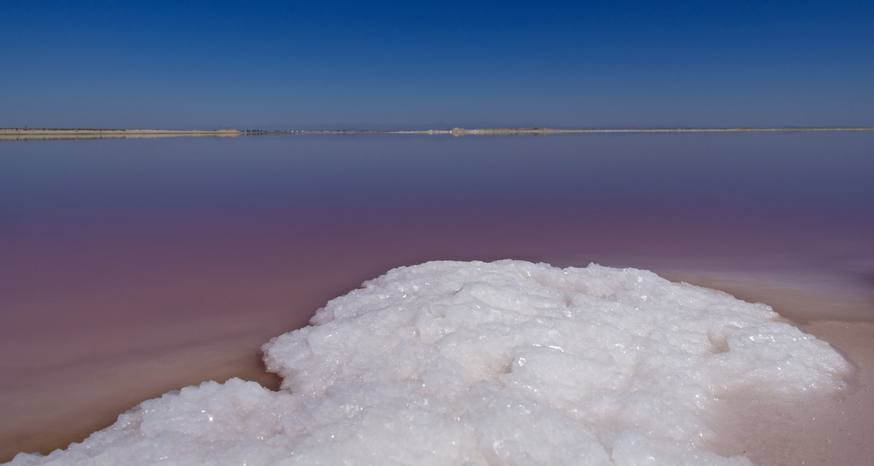
- Baja Gold
The harvesters gather Baja Gold Sea Salt at an inland lagoon in a remote and pristine estuary on the Sea of Cortez in Baja California.
One of the most biologically diverse and mineral-rich bodies of water on earth the Sea of Cortez remains a clean and undeveloped waterscape.
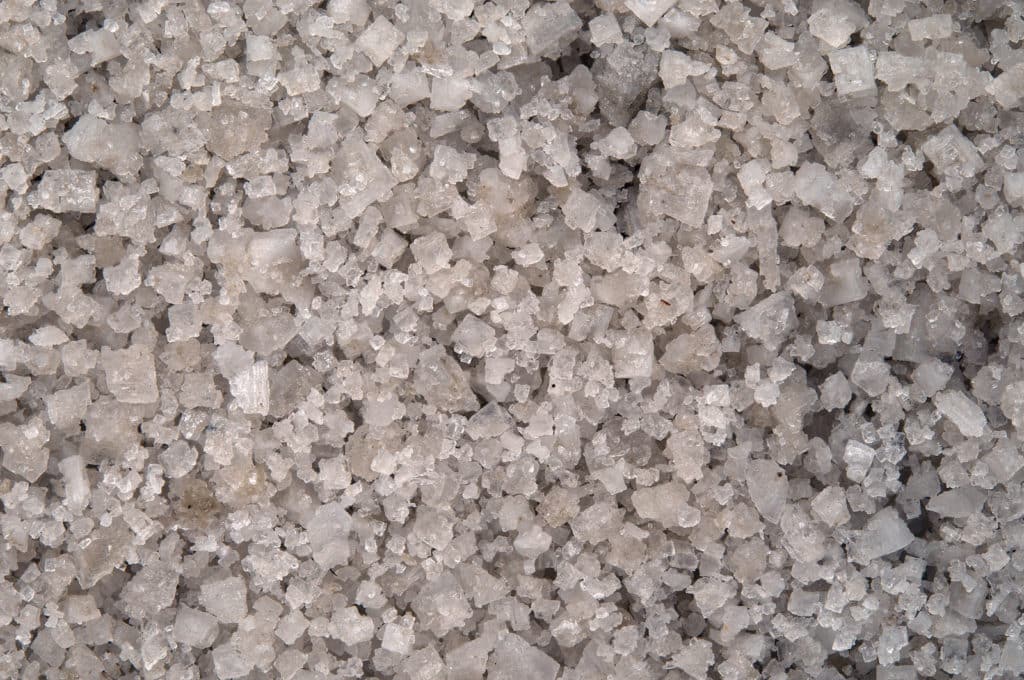
2. Celtic Salt
Celtic sea salt is a type of natural salt harvested from the Atlantic Ocean near the coasts of France and Spain.
Also known as sel gris or ‘grey salt’ because of its color, which comes from the minerals and clay ponds used for distillation.
The Truth About Sodium is Unveiled
Sodium is not the villain it’s often made out to be. When consumed correctly along with a balanced diet it offers many benefits to our bodies.
By understanding its role and embracing it, we can harness the power of sodium to support living our best lives.
So, let’s give sodium the credit it deserves and rethink our approach to nutrition.
